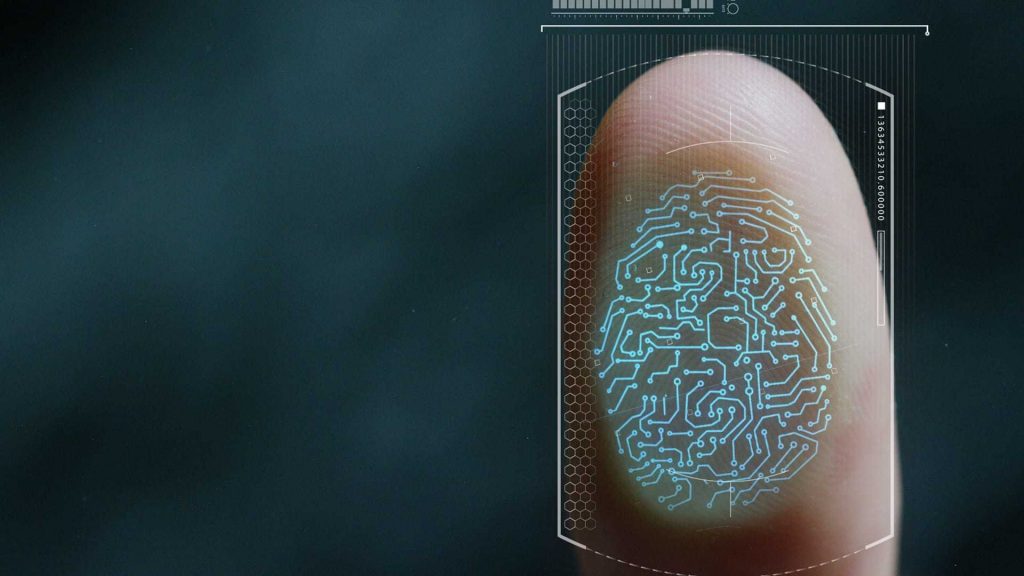Developing Digital ID Solutions for Real World Application

In a series of blog posts last year, SICPA wrote about the transformative potential of digital identification, the challenges inherent in creating a secure, interoperable digital ID solution, and the characteristics of an effective and reliable system. Since November 2019, SICPA has been working with a group of other innovative companies as part of the Silicon Valley Innovation Program (SVIP) – run by the Department of Homeland Security (DHS) Science and Technology Directorate (S&T) – “to develop a solution for credential issuers to manage and verify digital credentials that are the secure digital equivalent to secure physical credentials without reengineering their current processes and systems.”
In the context of enabling DHS operational components (like the Transportation Safety Administration and U.S. Citizenship and Immigration Services) to confidently transition to digital issuance of secure credentials, the SVIP program aims to address challenges related to the security/control of the credentials, the need for universal verification, and the importance of technical interoperability, according to Jason Rushton, Federal Solutions Manager at SICPA.
Phase 1 of SVIP – which recently concluded – focused specifically on breaking out of previously siloed, proprietary solutions, and creating a truly interoperable system for digital credentials. The challenge, said Rushton, is “not just to have a really, really great proprietary solution, but can you have a solution based on open APIs and open standards so that the larger ecosystem can interoperate - if Company A issues a credential, Company B can read it, it can fit on Company C’s digital wallet, and that digital wallet can be verified by Company D. The purpose of Phase 1 was to have, in our case, a group of five companies” work together to create an interoperable solution for the issuance of digital green cards by U.S. Citizenship and Immigration Services (USCIS).
Phase 2 of the project, for which SICPA won approval earlier this month, will focus on advancing to a point where the interoperable technology proven during Phase 1 can be productized and integrated into a customer use case, said Rushton, ensuring that the digital green card solution can be issued in parallel with the existing system and that it can be used in the same verification situations as a physical green card.
Additional phases of the project will focus on demonstrating and running an actual deployment of the solution. While SVIP is focused specifically on issuers within DHS – like USCIS – “they see it as a success if the protocols pioneered here…are broadly adopted.” Representatives from other government issuers have been observers throughout the SVIP project. SICPA has sought opportunities to engage with other issuers to explore the potential of this interoperable technology to support the issuance of a wide range of credentials, including driver’s licenses, social security cards, marriage licenses, and other, similar credentials.
As digital credentials are adopted more widely – by governments and other authorized issuers – the technologies and approaches being piloted in the SVIP program represent progress toward a proven framework for secure, interoperable credentials. SICPA will be well positioned to leverage its work in the SVIP program – along with its decades of experience in building trusted, secure technologies – to support issuers in the development, distribution, and secure verification of these credentials.

